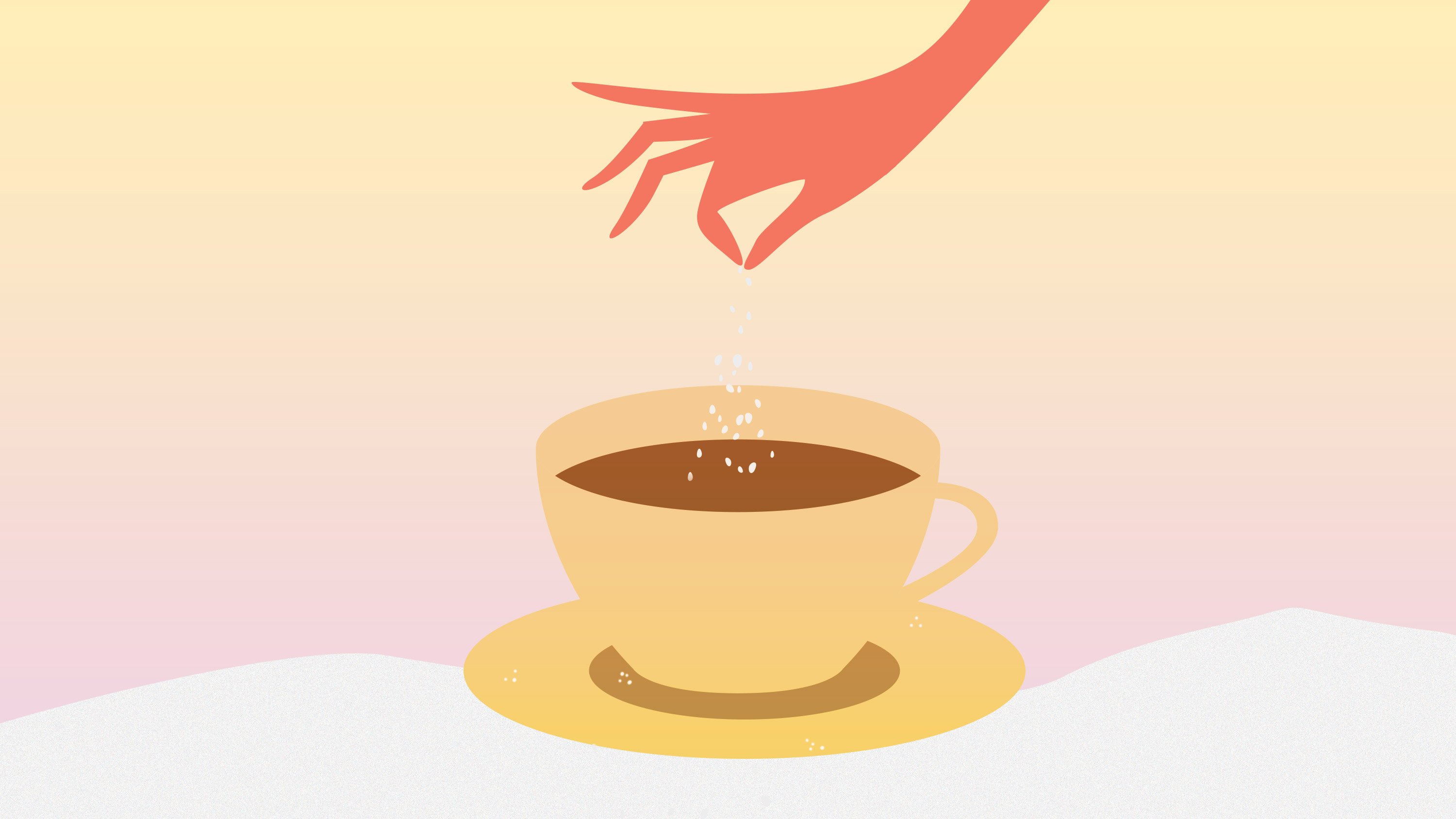Thinking Twice About Using a Sugar Substitute
Conventional thought used to think that using a substitute like aspartame, sucralose and saccharin were worry free ways of cutting back on sugar. That thought has led to an explosion in the number of people – adults and kids alike – consuming sugar substitutes. New research, however, shows those substitutes could actually be tailwind behind our Fattening of the Population investment theme. We see this and reports like as more support for our Food with Integrity investing theme.
Artificial sweeteners remain a debated health topic, but growing evidence suggests that fake sugar isn’t a worry-free food. Sugar substitutes promise fewer calories, but they’ve recently been linked to obesity and diabetes. The new study found that the likelihood that a person consumed low-calorie sweeteners rose with body mass index; close to 20% of adults with obesity consumed these sweeteners three times a day or more, compared to 13% of normal-weight adults. A 2016 study also found that pregnant women who consumed more artificial sweeteners in beverages were twice as likely to have children that were overweight or obese at one year, compared to women who consumed less.
Some research even suggests that people tend to gain weight when they regularly use these sweeteners, and though the reason why isn’t yet clear, it’s possible that the sweeteners trigger a craving for more food, according to some experts.
The number of children who eat or drink artificial sweeteners—like aspartame, sucralose and saccharin—has skyrocketed over the years, with a nearly 200% increase from 1999 to 2012, a new study shows.The survey results, published in the Journal of the Academy of Nutrition and Dietetics, reveal that in 1999, less than 9% of kids consumed low-calorie sweeteners, which are common in diet sodas and low-calorie and low-fat processed foods. That number rose to about 25% in 2012, and even children as young as two are consuming them, the study finds.
Sugar substitutes are getting more popular among adults, too. Forty-four percent of adults and 20% of children in the survey reported consuming low-calorie sweeteners more than once a day; 17% of adults consumed an artificially sweetened food or beverage three times a day or more.




